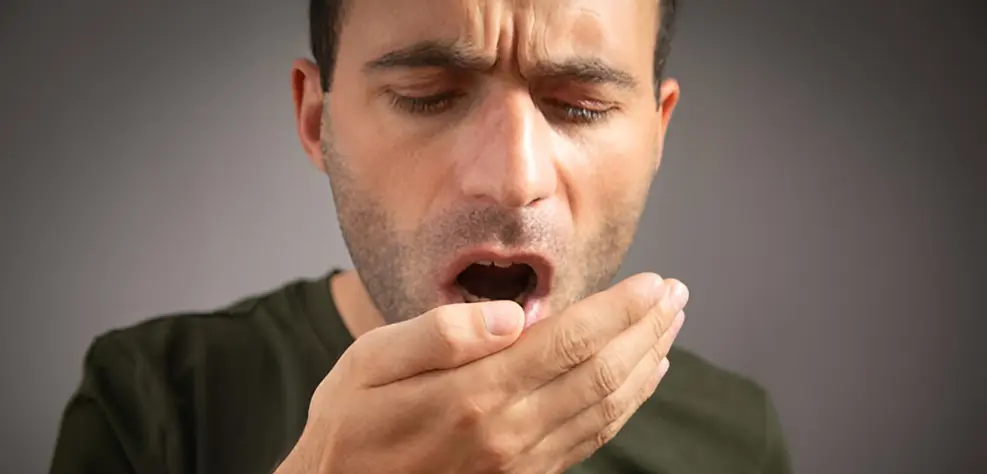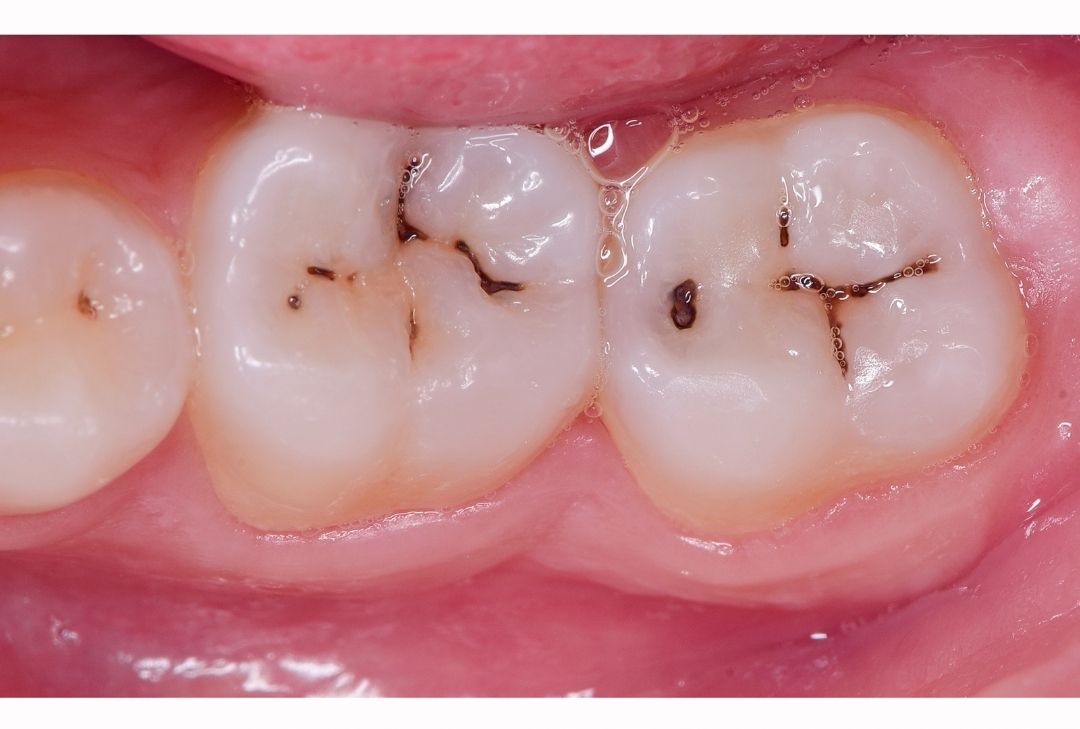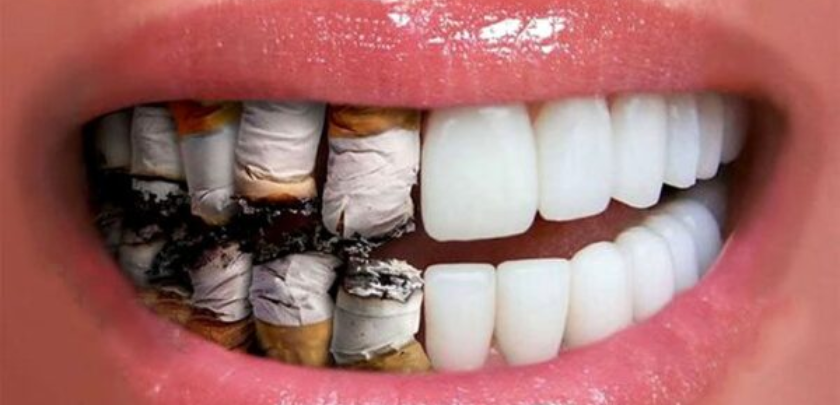We’ve all experienced that less-than-pleasant morning breath. But when halitosis becomes a persistent problem, it can significantly impact your confidence and social interactions. Do cavities cause bad breath? And is your oral care routine up to the task? Let’s explore the connection between cavities and bad breath, and discover effective solutions to keep your breath fresh.
The Science Behind Bad Breath
Bad breath, or halitosis, is a common oral health issue caused by the accumulation of bacteria in the mouth. Research published in the Indian Journal of Dental Research highlights the primary causes of oral malodor as both local and systemic.
Two primary factors contribute to this unpleasant issue:
-
Oral Health Issues: Bacteria thrive on food particles and plaque buildup, producing foul-smelling sulfur compounds. This can occur due to inadequate brushing and flossing, cavities, gum disease, or even poorly fitting dentures. As Dr. David Carothers, a renowned periodontist, states, “Gum disease, in particular, is a significant contributor to bad breath as bacteria can accumulate between the teeth and gums, leading to inflammation and odor.”
-
Dry Mouth: Saliva plays a crucial role in neutralizing bacteria and keeping the mouth moist. When saliva production decreases, bacteria can multiply more rapidly, leading to bad breath. This can be caused by certain medications, medical conditions, or even dehydration. As noted by Dr. Jennifer Robinson, a specialist in oral medicine, “Dry mouth can be a major culprit behind bad breath. It’s essential to stay hydrated and consult a dentist if you’re experiencing persistent dry mouth.”
Do cavities cause bad breath ?
While cavities themselves don’t directly cause bad breath, they can certainly contribute to the problem. Bacteria that accumulate in these tiny holes can produce foul-smelling gases, leading to unpleasant odors.
As the Indian Dental Association explains, food particles left behind after brushing and flossing can decay, creating an ideal breeding ground for bacteria. These bacteria then release volatile sulfur compounds, resulting in bad breath.
While bad breath doesn’t necessarily mean you have a cavity, it’s a sign that something might be amiss in your oral health. If you’re experiencing persistent bad breath, tooth sensitivity, or pain, it’s essential to schedule a dental appointment to rule out any underlying issues, including cavities.
Remember, maintaining good oral hygiene and seeing your dentist regularly can help prevent cavities and keep your breath fresh.
Managing Bad Breath: A Comprehensive Approach
To effectively manage bad breath, it’s essential to address both oral hygiene practices and potential underlying health issues. Maintaining a consistent routine of brushing, flossing, and tongue cleaning is crucial for removing plaque and bacteria that contribute to bad odor. Additionally, staying hydrated and limiting sugary and starchy foods can help prevent the buildup of harmful bacteria.
If you’re experiencing persistent bad breath despite practicing good oral hygiene, it’s important to consult with a dentist. They can conduct a thorough examination to identify any underlying causes, such as gum disease, cavities, or dry mouth. As Dr. David Carothers, a renowned periodontist, emphasizes, “Gum disease is a significant contributor to bad breath, as bacteria can accumulate between the teeth and gums, leading to inflammation and odor.”
Addressing any underlying health conditions is also essential. Conditions like diabetes, acid reflux, and sinus infections can contribute to bad breath. Working with your doctor to manage these issues can help improve your oral health and overall well-being.
Remember, a fresh breath is a sign of good oral health. By combining effective oral hygiene practices with regular dental check-ups and addressing any underlying health concerns, you can effectively manage bad breath and enjoy a healthier, more confident smile.
Dental Services for Bad Breath and Cavities
If you’re experiencing bad breath or cavities, here are some dental services that can help:
1. Regular Dental Check-ups:
- Early Detection: Regular dental check-ups allow dentists to identify and address potential issues, including cavities and gum disease, which can contribute to bad breath.
- Professional Cleaning: Regular cleanings can remove plaque and tartar buildup, reducing the risk of cavities and gum disease.
2. Fillings:
- Cavity Repair: If you have cavities, fillings can be used to repair the damaged area and prevent further decay.
3. Root Canal Therapy:
- Deep Cavities: For deep cavities that have reached the pulp (the soft, inner part of the tooth), root canal therapy may be necessary to remove infected or damaged pulp and prevent further infection.
4. Gum Disease Treatment:
- Bacteria Reduction: Gum disease can contribute to bad breath due to the buildup of bacteria. Treatment options may include scaling and root planing to remove plaque and tartar from below the gum line.
- Missing Teeth: If you have missing teeth, dental implants can replace them and improve your oral health and appearance. Missing teeth can contribute to bad breath by creating spaces where food particles can accumulate.
8. Professional Teeth Whitening:
- Cosmetic Improvement: While not directly related to bad breath or cavities, professional teeth whitening can help improve your overall oral health and appearance, boosting your confidence.




















